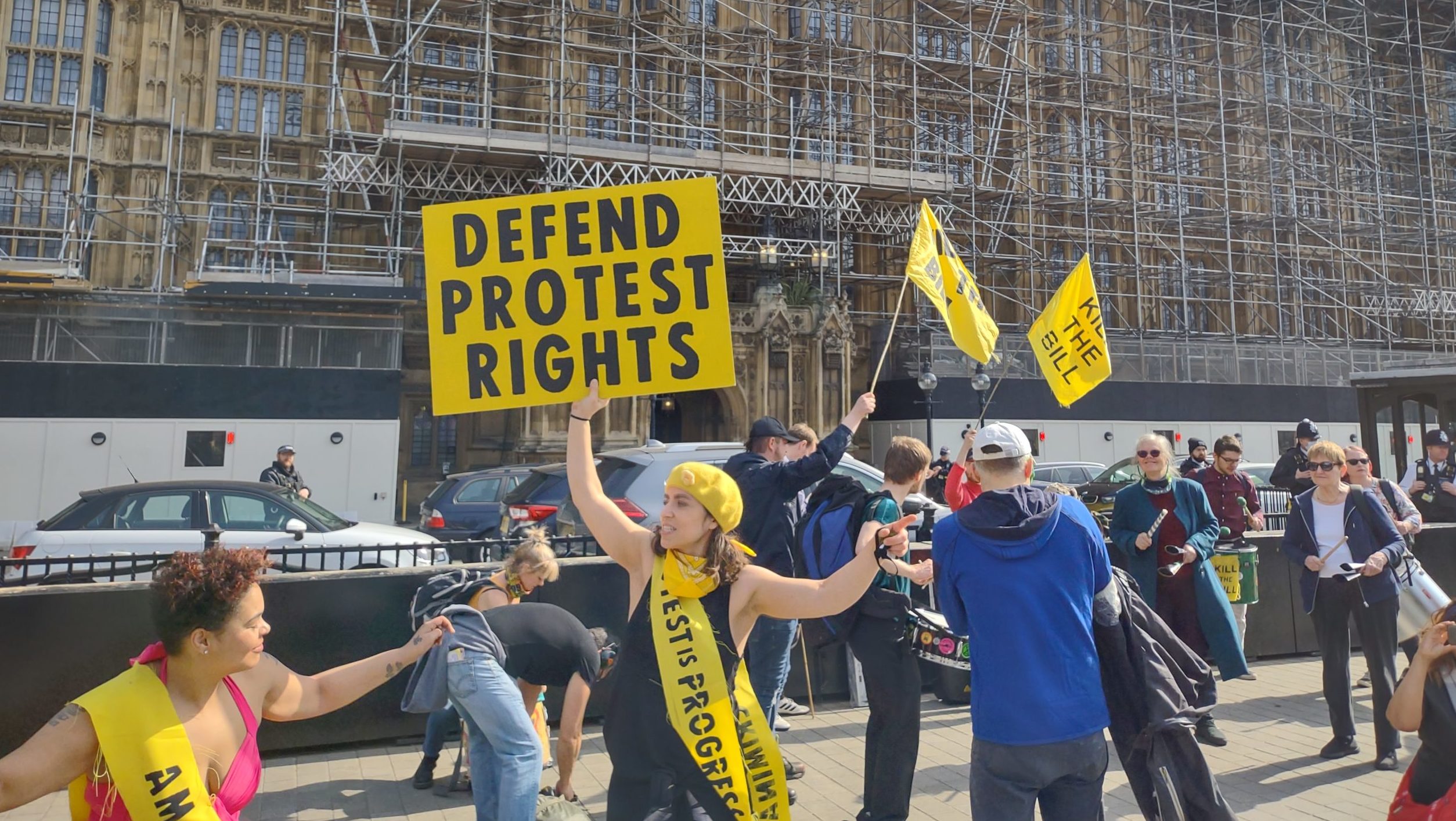Police are set to be given the power to impose start and end times on protests they believe could cause serious disruption, The Big Issue has learned, with the House of Lords due to make a concession on the government’s policing bill tomorrow.
Peers had been resisting the government’s plans to give police the power to ban disruptive assemblies, but after MPs put the measures back in for a second time this week, Labour withdrew its support for a move to scrap the powers.
Instead, Lib Dem peer Lord Brian Paddick is planning to put forward a move to give police the power to impose start and end times on assemblies, with Labour’s support for the compromise.
Paddick, a former police officer, told The Big Issue: “Labour told us they weren’t prepared to support simply maintaining our current position, so there had to be a shift.
“The new amendment would allow the police, if they felt that the meeting was going to be disruptive to local people, to set the start and end time for the meeting.
He added: “They can already specify where the meeting takes place. It’s a minor change but necessary in order to ensure that it goes back to the commons.”




